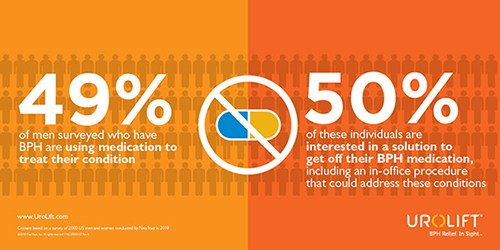Did you know that, according to the Centers for Disease Control and Prevention (CDC), every second of every day an older American suffers a significant injury or fatality due to falling? Additionally, OSHA cites incidents involving slips, trips and falls for causing 15% of all accidental deaths in the workplace, second only to motor vehicle accidents. Every 19 minutes in the U.S.an older person dies from a fall!
WHAT ARE SOME FACTORS THAT INCREASE THE RISK OF FALLING?
So why do so many people fall, what are the causes and is there anything you can do to prevent them? Although broken bones are usually regarded as the most common serious consequence of falls, a fall can have more serious sequelae resulting in irreversible harm to a person’s health, social interactions and psychological well-being. (Read more, Jane E. Brody’s NY Times article, Falls Can Kill You. Here’s How to Minimize the Risk.)
While many people are aware that throw rugs, loose carpets, stairs, clutter, uneven surfaces on sidewalks, wet surfaces (bathrooms), poor lighting, and even pets can contribute to falling, many aren’t aware that common medications are also a leading cause of falls. There are many prescription medications that have side effects of dizziness and/or drowsiness, which subsequently can lead to a fall.
 Prescription medications such as those for blood pressure, pain, sleeping pills, muscle relaxants, BPH and bladder control can cause dizziness, sedation and blurred vision which increases your risk of falling. In a urology practice, commonly used medications include those for prostate problems like BPH and bladder control issues for both women and men. Here are the most frequently prescribed: Flomax, Uroxatral, Rapaflo, Cardura, Hytrin, tamsulosin, doxazosin, terazosin, Ditropan, Detrol, Vesicare and oxybutin. These have the potential to lower your blood pressure or cause confusion. Both can result in lightheadedness and falling. Effects may be worse when changing from a sitting to a standing position. (Read my April 2019 article on BPH Medications)
Prescription medications such as those for blood pressure, pain, sleeping pills, muscle relaxants, BPH and bladder control can cause dizziness, sedation and blurred vision which increases your risk of falling. In a urology practice, commonly used medications include those for prostate problems like BPH and bladder control issues for both women and men. Here are the most frequently prescribed: Flomax, Uroxatral, Rapaflo, Cardura, Hytrin, tamsulosin, doxazosin, terazosin, Ditropan, Detrol, Vesicare and oxybutin. These have the potential to lower your blood pressure or cause confusion. Both can result in lightheadedness and falling. Effects may be worse when changing from a sitting to a standing position. (Read my April 2019 article on BPH Medications)
WHAT CAN YOU DO TO MINIMIZE YOUR RISK OF FALLING?
There are ways to minimize the chances of a fall, starting with fall proofing your home and improving your balance and stability. Review your medications with your doctor, including prescriptions, herbal medications and over-the-counter products to find out if a side effect is dizziness or drowsiness.

The side effects of many bladder control and BPH medications are significant. Which is why in my urological practice I focus on minimally invasive therapies to treat and alleviate bladder control problems.
The good news is that it is easy for men suffering with bladder control problems from an enlarged prostate to stop taking medication. Minimally invasive procedures like Urolift®, are many times more effective than medications, have long lasting results, take less than an hour to do in my office and end your use of medications!
For the more than 20 million women in the United States who live with Overactive Bladder (OAB) there is help that is more effective than medication and can allow you to stop taking pills with their side effects. At Pacific Coast Urology’s Center of Excellence for Bladder Control Evans Tran, PA and I offer numerous in-office, minimally invasive options. (View Ms. Tran’s educational videos.)






Comments are closed.